
It is the time of year where people want to make others happy by buying them unique gifts. Pets seem to be one of those gifts people think others want. Being a sort of animal activist, I have to stress that getting someone else a pet is not a gift. Unless you absolutely know the pet is wanted, do not get someone else an animal to take care of. This includes your children, who will probably not do the work, so if you aren't doing the work and paying the expenses, don't get someone else a pet as a gift. Most shelters and rescue groups will not even adopt animals out before Christmas for the simple reason that they are not a gift that should be returned.
If knowing all this, you have decided a pet is in the cards for your family this Christmas, lets talk about if you can afford a new pet. Animals are expensive, more expensive than you'd think and everyone should be aware of this. I had a friend who was stressing about getting a dog because she thought the asking price was high. I remember telling her that the cost of buying the animal is just a drop in the bucket compared to what you'll spend over the next 10+ years. In eight short years I spend tens of thousands of dollars on a dog I got as a puppy because of the many health issues she had. Are you prepared for that?
Obviously different pets cost different amounts. Maybe you've decided you want a pet, but want to find out which is the cheapest.
Fish & Other Swimmers
I say other swimmers here because I have two African Dwarf frogs who swim only. These frogs were a gift from my well-meaning mother, but only for me to find out that they live over 20 years. My kids will be in university before these frogs die and I will still be taking care of them. The cost seemed minimal at first, a small container, a few pellets a day, until I did my research to find out that the frogs needed more. Now while the initial cost of your swimmers/fish will be minimal depending on which ones you buy, there is much more to it.
Initial Cost - $1 - $100s depending on type
Shelter - tanks can be expensive, plus all of the equipment needed. Walmart sells small tanks starting at $40, but you can spend thousands the larger you go. Add in the cost of filters, starting at $15 and needing replacement pads every month. You can also add in rocks and other adornments.
Food - My frogs eat bloodworms, which cost about $5 a month, but you can probably get pellets and other fish food for about $5 a month or less.
Vet bills - Most likely if your fish is sick, you won't really know it and I don't know many aquatic vets. If your tank is sick, that's another story and could cost you upwards of $50 finding solutions to why your tank is acting the way it is.
Rodents
My son is always asking for a guinea pig, but with frogs, two cats and a dog, I think our home is full enough of animals.
Initial cost - Depending on if you are ok with just a mouse, which you can get for as low as $5 or you want a skinny pig for $75, your cost will vary. You can also check out the humane society, who will often have rodents for adoption for a small fee.
Shelter - You'll need a cage, a water feeder and a dish plus bedding that will need to be changed frequently. These items will initially run you about $30 and up from there because you'll also want to give the rodent exercise like a wheel or one of those critter trails. Your starting cost will probably be at least $50 and then about $5 a month for the bedding.
Food - Your rodent can eat items you get from the grocery store or get rodent food, which will probably cost about $20 a month.
Vet bills - This is where it gets tricky. While it is easy to find vets for dogs and cats, small animal vets are harder to find and therefore will probably charge more. You won't have to go as often as you would with a dog or cat as they don't have vaccines and general wellness visits, but if something goes wrong, you could be looking at a few hundred dollars minimum for something minor.
Reptiles
My family and I had many a reptile over the years. From bearded dragons to full-size iguanas, we've had them. They do make a great pet and are more exotic, but you need to be prepared for their cost.
Initial cost - Again this will vary depending on what kind of reptile you get, as low as $10 to up to $200.
Shelter - You'll need a cage for your reptile, but you'll also need heat. Many of these reptiles are cold-blooded and need special lights and/or rocks to lay on or they will die. Add to this the increased hydro bills you'll be paying to keep their areas well-heated. My family actually built a huge wall cage for our iguanas, and this could save you some money. Check out the Reptile Ranger for instructions to do one yourself. This will not be that cheap with all materials, probably coming in at about $100-$200.
Food - Reptiles eat many different things, like crickets, fresh greens and more. Sometimes you also have to give vitamin drops too. Fresh stuff like this could get expensive, although not anywhere comparable to a dog or cat. Count on $5 a week.
Vet bills - Here you will run into the same problem of having to locate a small animal veterinarian, and your bills could be high if something is wrong.
Cats
I've had two cats for almost 15 years now and find them to be an enjoyable and easier pet than a dog to take care of. But their bills can add up.
Initial cost - My cats were kittens that I adopted, one with a small fee, one that was free. There are so many homeless cats out there, including kittens, that I don't get why anyone would pay a certain amount of money for a purebred cat. Cats are not like dogs with certain characteristics based on breed (well I'm sure they somewhat are), but a cat is mostly a cat - similar in size and their temperaments can vary greatly. Adopting a cat or kitten is definitely the most affordable option, with it being anywhere from $20 - $100.
Shelter - Cats are probably the cheapest when it comes to shelter, needing only a litter box, which can cost as low as $2. You can buy a cat a bed, but most times it is almost happier lying in a box.
Food - Generally cats eat cat food, wet and/or dry and cat treats. You can also buy catnip as a treat, which is affordable and you can even grow it yourself. Cat food costs about $20 a month for a good-quality food per cat for dry food.
Vet bills - Vet bills will all depend on the cat's health throughout his/her life. You will want to vaccinate your cat, especially if it will be going outside, although an indoor cat will need less vaccinations and sometimes people will only give it the Rabies shot if it will never be outside. The Rabies vaccine is about $50 every three years now. The other vaccinations and initial vet visits for a kitten will probably cost about $200 - $300. You should also always sterilize your cat and this cost will depend on the clinic but ranges from $150 to $300.
Other - I had to add other here to cats because my cats haven't cost me much in terms of vet bills or food, but instead in ruined items. One of my cats has a little bit of urination issue because the dog and the kids stress her out. I've had to replace a couch, a mattress and numerous pillows and blankets, plus two wall-to-wall carpets. Obviously this has equalled thousands. Cats are known to ruin items with scratching too, so be prepared for these added expenses. There is a pheromone spray or plug-in called Feliway, that is known to help, and I've tried it, but it comes in at about $25 a month or $45 for the can.
Dogs
I love having a dog and will always have one, but I'm going to say they are the biggest expense of any animal.
Initial cost - If you are looking for a purebred dog, you should not answer ads on kijiji for purebreds for $300. Most times these are backyard breeders who have not done the research into how to breed the animal and are only looking to make a quick buck. This may sound like a great idea at the time, but remember my story about tens of thousands of dollars in vet bills? That's what happens when you get a dog from an unrepeatable source. Mine was from a pet store where animals are notoriously bred in puppy mills. If you want a purebred you should find a breeder who has a good reputation, or adopt one from an all-breed rescue. In the case of a bred puppy, consider yourself down $1000 - $2000 on the spot. If you'd rather adopt, the fees for that vary but normally come in around $250-$400. Check the CKC for information about what you should look for in a breeder.
Shelter - Dogs need quite a few items in the beginning like a bed (unless you want them on the couch), a leash and collar, a crate and chew toys. Budget yourself at least $200 for these items. Then consider that a puppy or dog with separation anxiety will no doubt chew many of these items and you will have to replace them. My dog wears a special harness so she doesn't pull and we've gone through six of them for various reasons at $30 each.
Food - A good quality food will depend on the size of your dog. My dog is medium-sized and I spend about $40 - $50 a month on her food, plus treats and chew treats.
Vet bills - Just like a cat, a dog will need vaccinations and sterilization. This will be about $500 for the first year then another $100 a year after that or more. Consider getting pet insurance, which varies depending on breed, but is generally about $25 a month or saving a few hundred dollars a year in case of accidents or illness. Many dogs will also need grooming and nail trims, so budget this as well depending on your animal's fur type. I spend about $10 every two months on nail trims, but you could do it yourself and spend $15 on a nail cutter instead (I'm too nervous).
Other - Dogs are notorious for wrecking things. Just YouTube dogs wrecking stuff and you'll lots of videos. My dog has eaten a number of toys, shoes, bedding and even my son's mattress. This stuff sometimes needs to be replaced and sometimes doesn't, but this cost can add up. You should also consider dog training, which is about $100 for six lessons at somewhere like Petsmart, and goes up from there depending on how far you want to go.
So, Bargainmoosers, had you considered all the expenses that go along with getting a pet?
Photo Credit: Cyberslayer



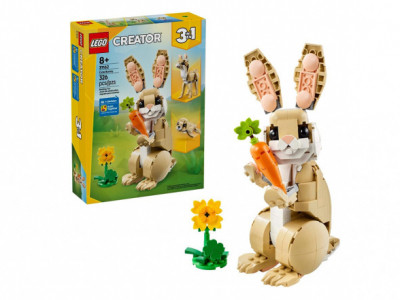
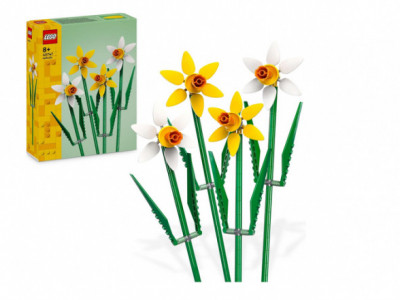
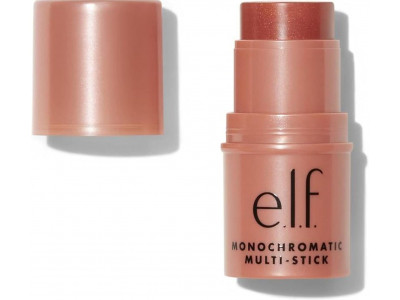
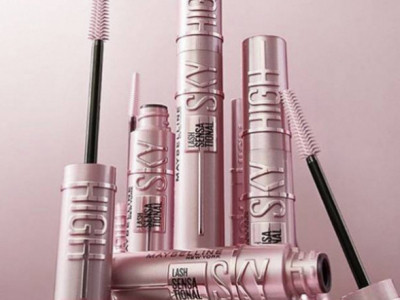

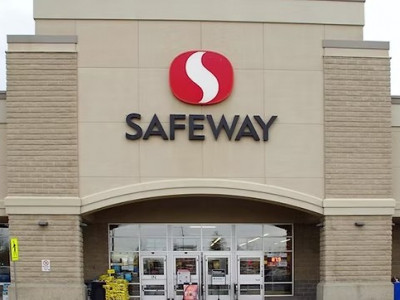
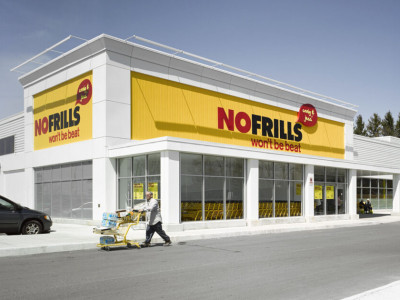

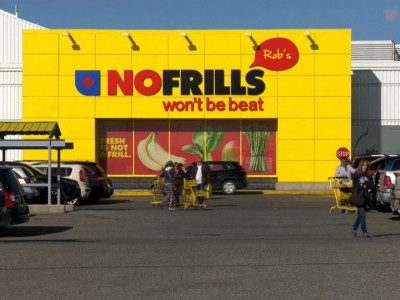
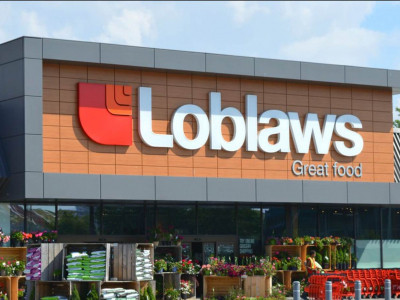
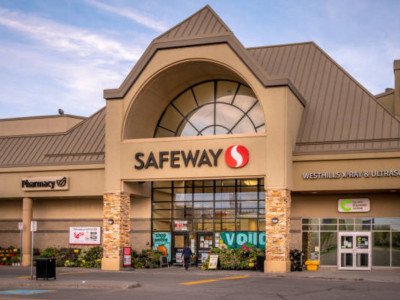

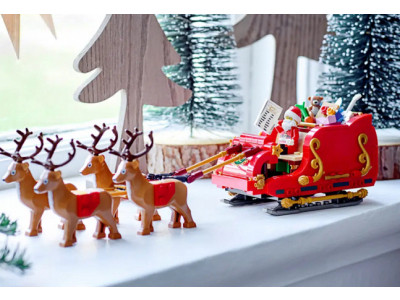

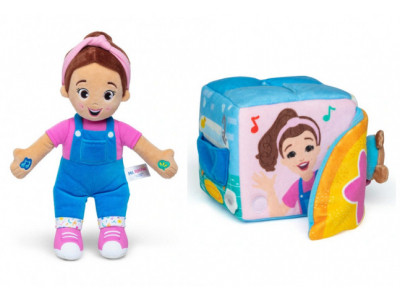

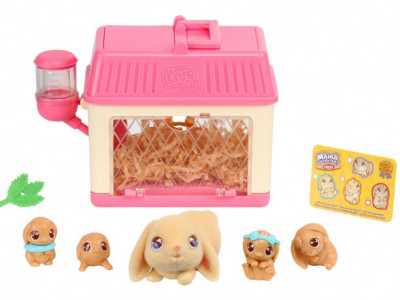
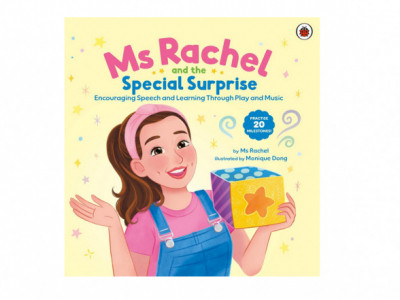

Comments